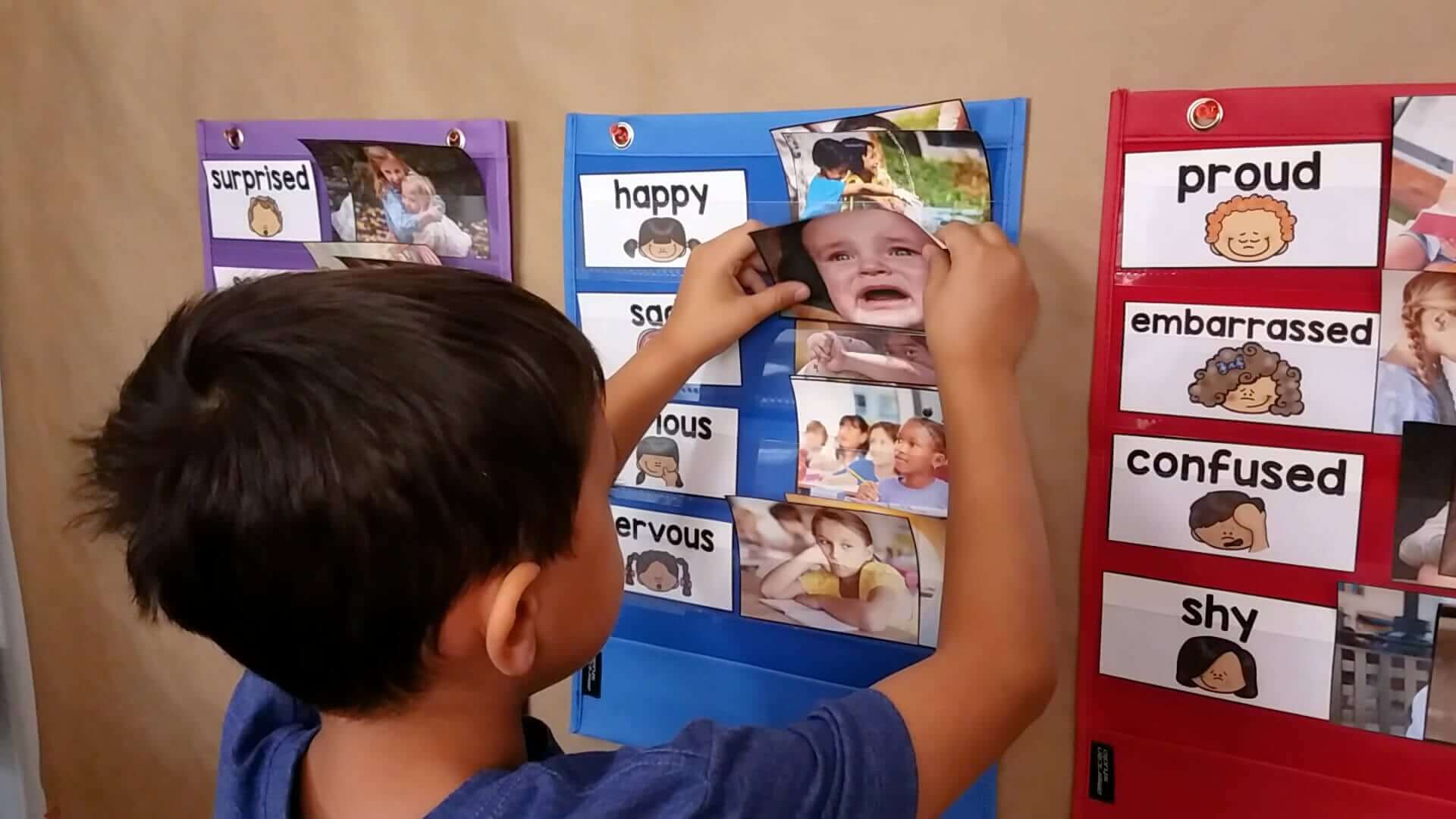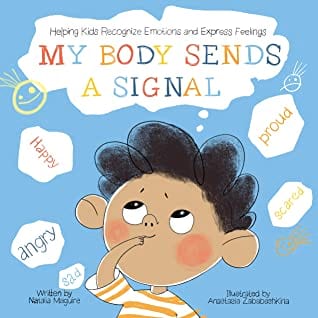
image via mindfulschools.org
The Iowa Senate is advancing a bill out of committee that would ban Social Emotional Learning (SEL) for public school students. The bill was introduced by a Republican state senator in late January. The meat of the bill is this:
“The department [of Education] shall not display on the department’s internet site or otherwise disseminate any references or materials related to or created by the collaborative for academic, social, and emotional learning, or use such materials as a framework for social and emotional learning.” (SF 85)
A quick survey of the public comments on this bill reveals that some parents don’t understand what SEL actually is. One parent called it “Marxist ideology.” Another called it a “data collection, mining program” and yet another said SEL was a “contradiction to the morals taught at home.” These are extreme mischaracterizations of SEL that beg the questions: What is SEL? And: How important is it for school kids?
Let’s start with defining it. SEL is the process of developing the self-awareness, self-control, and interpersonal skills that are very important to long-term success in school, work, and personal life. People with strong social-emotional skills are better able to cope with everyday challenges and benefit academically, professionally, and socially. There are 5 competencies in SEL. I like National University’s description, which is as follows:
Self-awareness : To recognize your emotions and how they impact your behavior; acknowledging your strengths and weaknesses to better gain confidence in your abilities.
Self-management: To take control and ownership of your thoughts, emotions, and actions in various situations, as well as setting and working toward goals.
Social Awareness: The ability to put yourself in the shoes of another person who may be from a different background or culture from the one you grew up with. To act with empathy and in an ethical manner within your home, school, and community
Relationship Skills: The ability to build and maintain healthy relationships with people from a diverse range of backgrounds. This competency focuses on listening to and being able to communicate with others, peacefully resolving conflict, and knowing when to ask for or offer help.
Making Responsible Decisions: Choosing how to act or respond to a situation is based on learned behaviors such as ethics, safety, weighing consequences, and the well-being of others, as well as yourself.
I think the above list is easy to grasp and its value in classrooms and life is obvious, but I have encountered so many situations where people are determined to turn beneficial content into something sinister that I am going to walk through the list in a little more depth.

image via amazon.com
Self-Awareness helps kids recognize and name various emotions they experience – anger, frustration, sadness, anxiety — and gives them appropriate ways to manage those big feelings. SEL also helps kids connect the dots between their feelings and their behavior, which is a critical cause and effect relationship for kids to understand if they are going to learn self-management across a range of settings and situations, both at school and out in the world. All of that is strongly linked to social awareness, another critical concept. Those emotions that lead to behaviors have an impact on others beyond the individual child – if Michael is angry and shoves Amelia (because he doesn’t know how to manage this big emotion), Amelia may get hurt, she may cry, or she may shove him back. If Mia is worried she won’t get to use the markers and hoards them to keep others from getting them, other kids may decide not to sit with Mia at lunch or play with her at recess. Again, this is important cause and effect. Helping kids to see how their actions impact other people helps them learn to work cooperatively and productively within small and larger groups.
Relationship skills are also important. How we resolve (or don’t) conflict, whether we know how to treat other people with respect, our ability to put ourselves in someone else’s shoes to better understand their feelings, our ability to communicate effectively – all have a profound impact on our success both in and out of school. Making responsible decisions thoughtfully and intentionally (as opposed to just reacting) and thinking through all the possible consequences is more or less what every parent begs their children to do. All parents fear the thoughtless decisions that result in a failed class, a suspension, or even injury and death.
One of the best things about SEL is that it promotes a growth mindset: no child is stuck where they are. Every child can learn to assess their own strengths and weaknesses and work to improve how they handle their feelings, how they act in class, how they interact with others, and how they make decisions. Through SEL, kids learn to own their behaviors and both make amends for them when necessary and strategize how to handle similar situations in the future. That underlying mindset helps kids develop resilience; if they fall down, they can get up again. Mistakes don’t destroy them. No one is doomed to be a “bad kid.”
It’s not hard to see how these lessons have always been a part of classroom instruction because without them school would be like Lord of the Flies. There is nothing nefarious here, nothing inconsistent with morals taught at home,* and no agenda beyond making sure kids have the life skills they need to be successful in school, in higher education, and in their careers. As one Iowa senator tweeted, “What do the bill authors have against students being able to manage emotions, empathy, and making responsible and caring decisions?”
Ok — easy to say what SEL is supposed to do, but can we prove it actually conveys any measurable benefit? Yes, we can, and we’ll discuss that in Part 2.
*I realize I am making an assumption here. Perhaps there are people teaching their kids to bully others, disrespect the teacher, not do their classwork, throw tantrums, give up when stuff is hard, etc. If that’s your end goal, then SEL definitely contradicts your morals.
